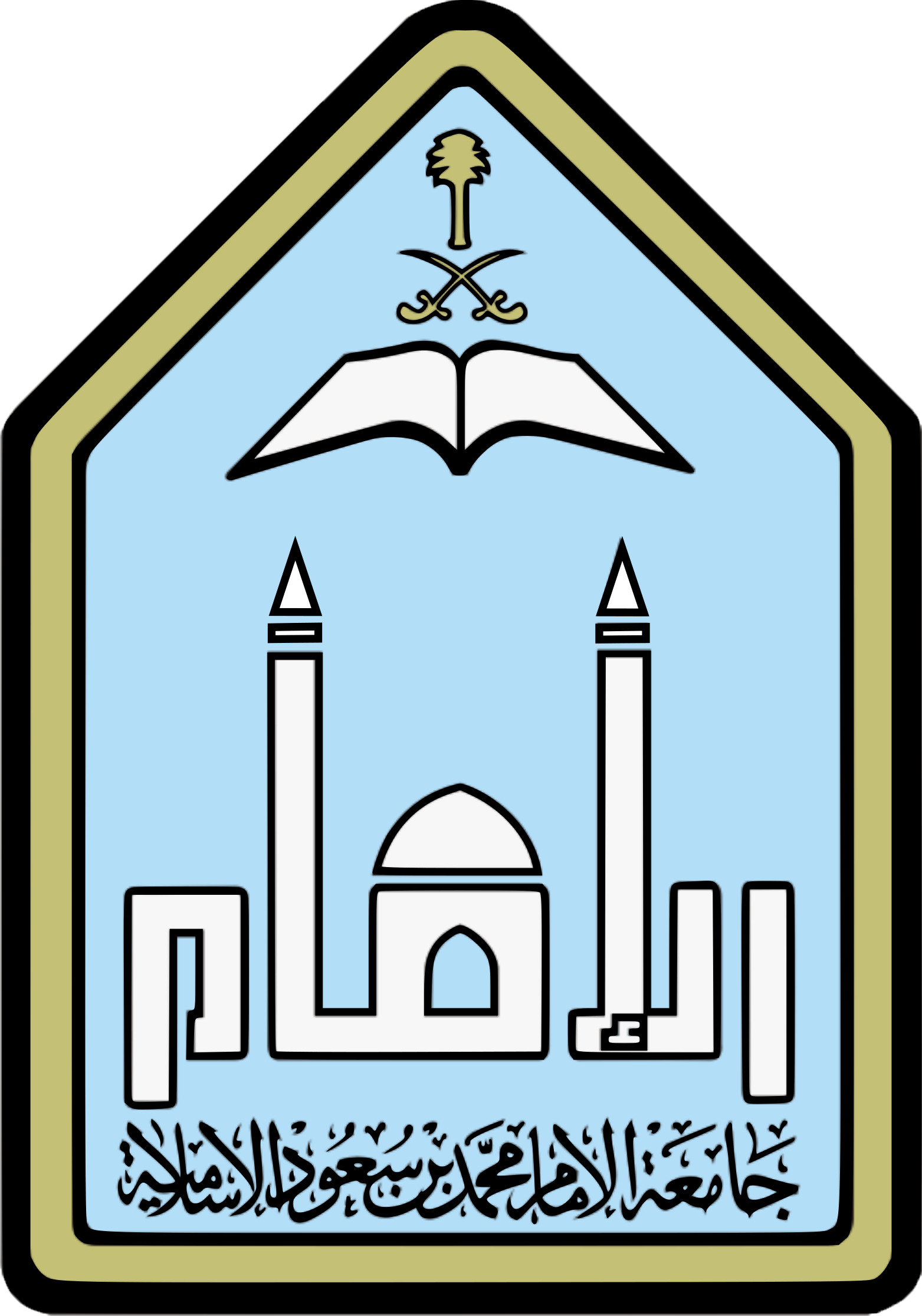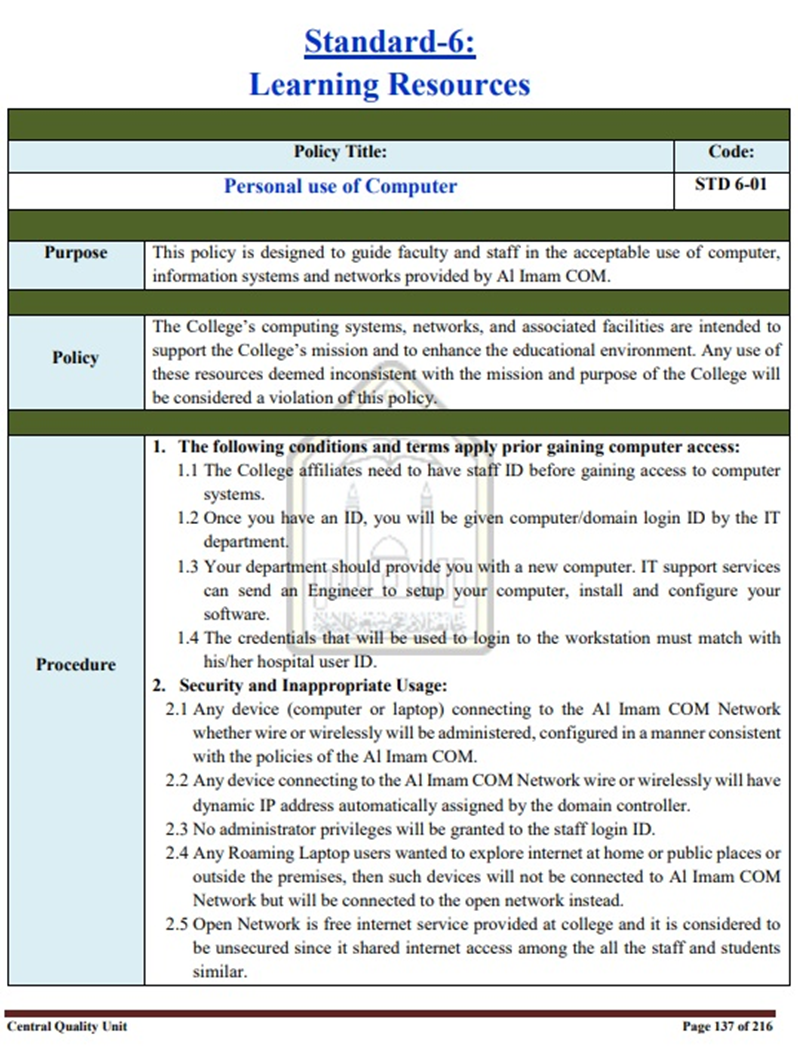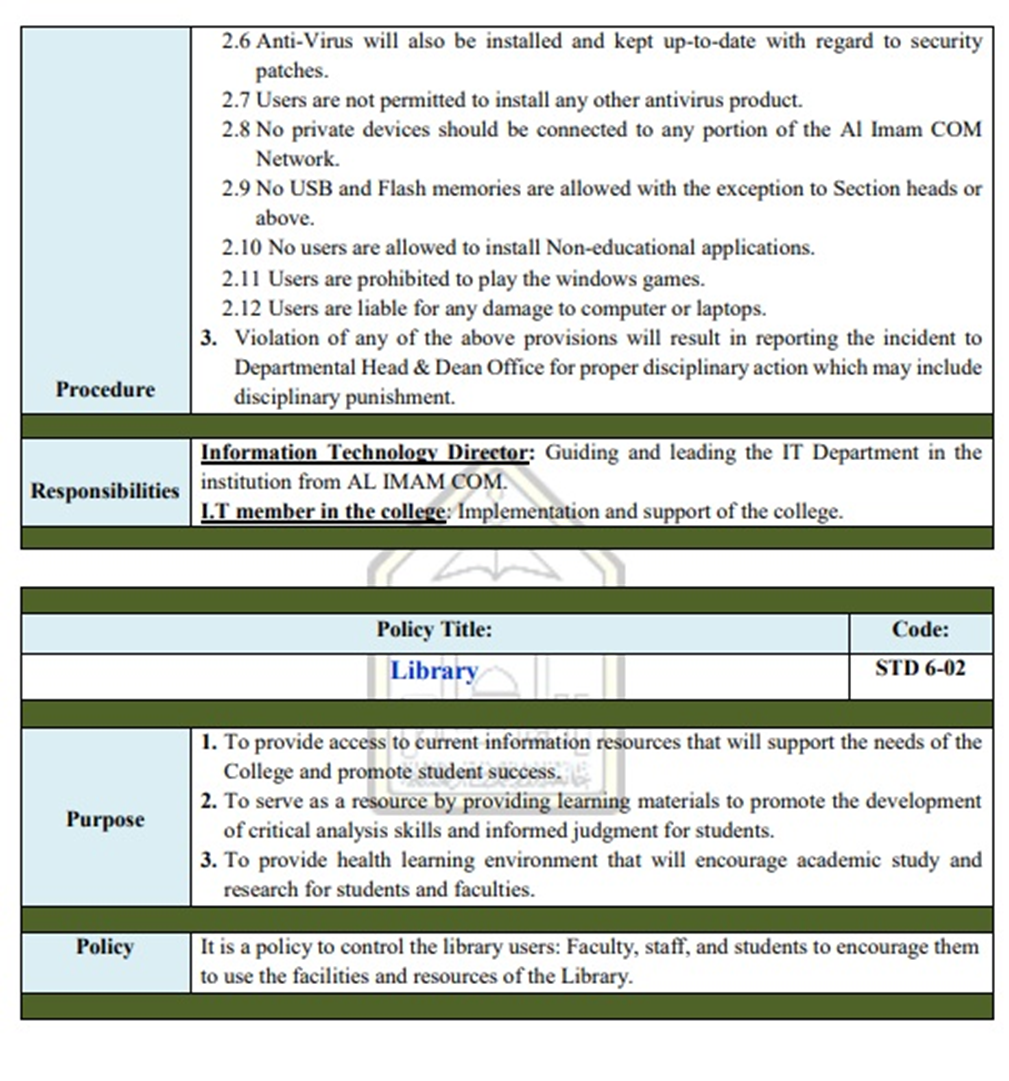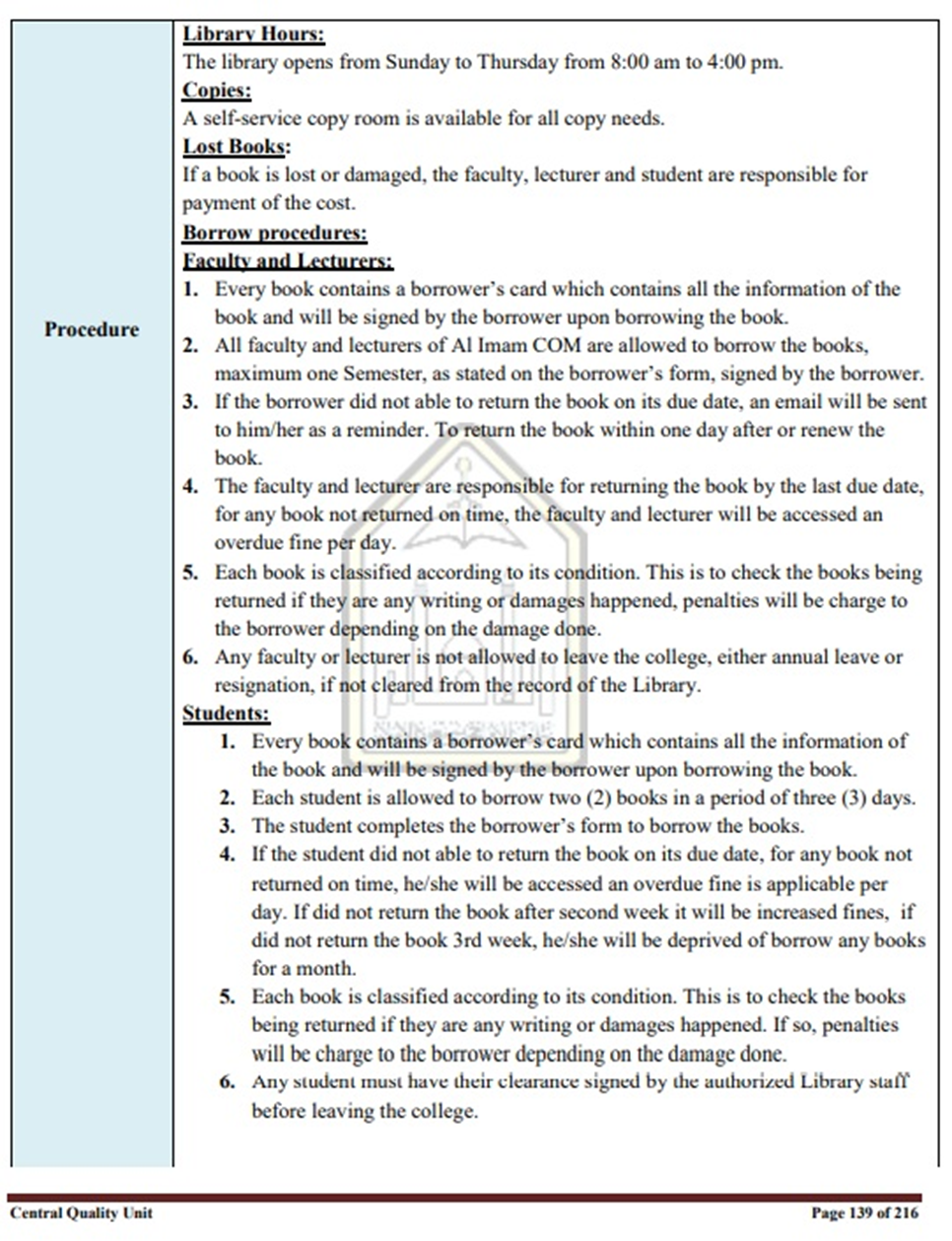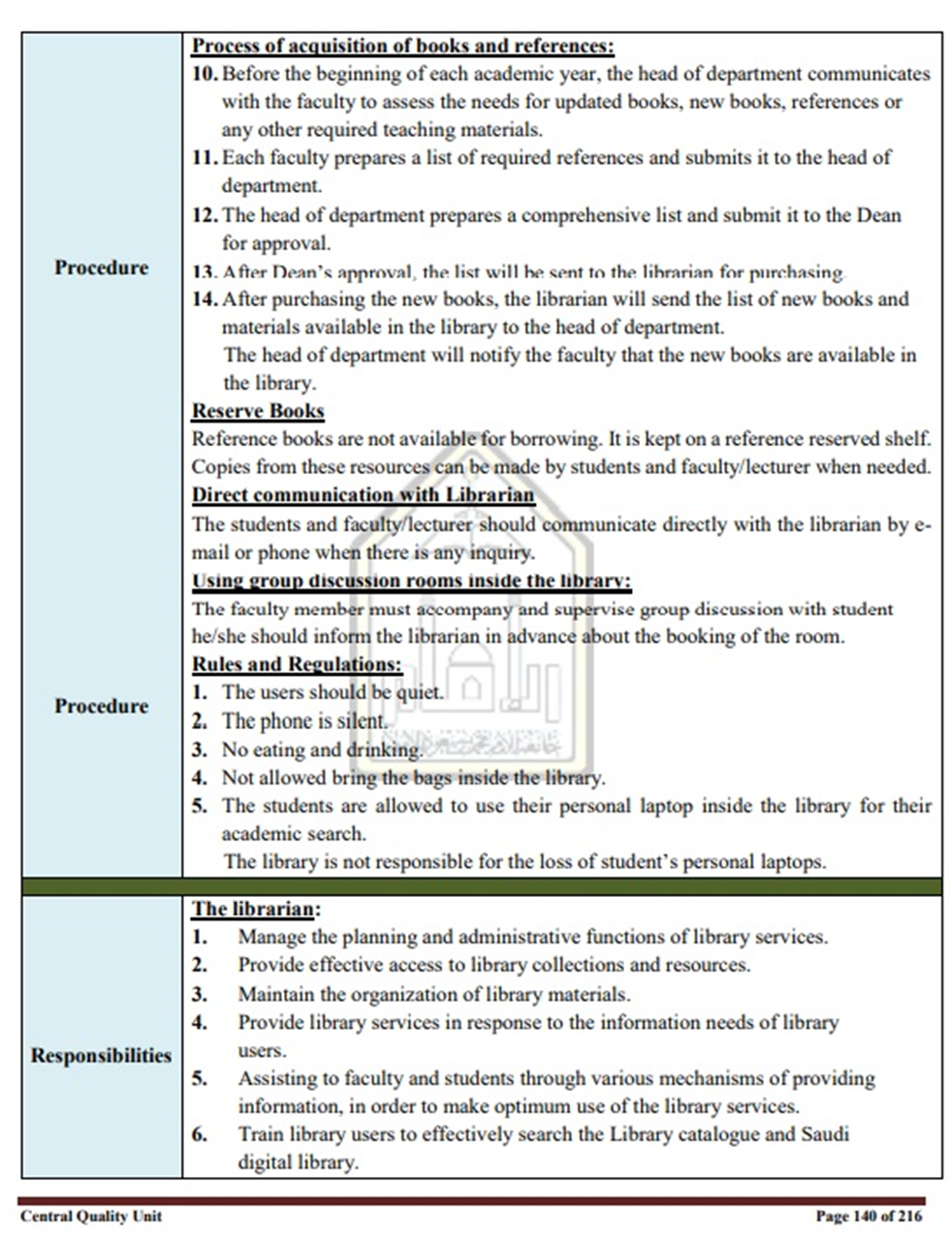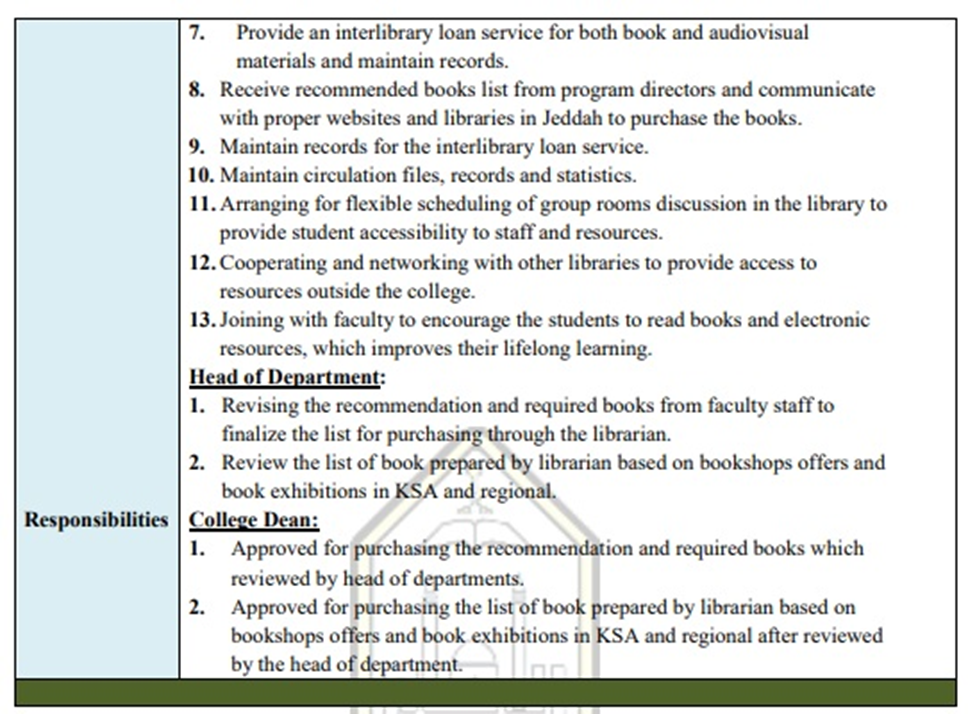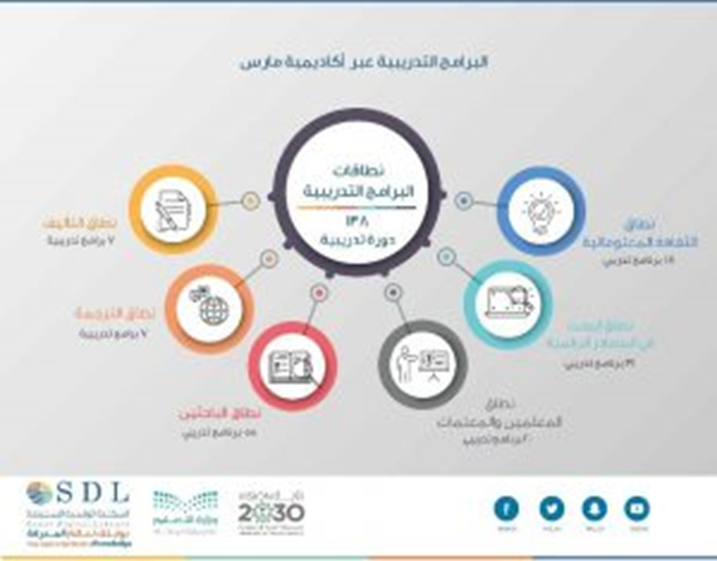Introduction
Sustainable Development Goal1 (SDG 4or Global Goal 4) refers to SDG4: QUALITY EDUCATION the aim is achieving inclusive and quality education for all reaffirms the belief that education is one of the most powerful and proven vehicles for sustainable development. This goal ensures that all girls and boys complete free primary and secondary schooling by 2030.
Never before have so many children been out of school at the same time, disrupting learning and upending lives, especially the most vulnerable and marginalised. The global pandemic has far-reaching consequences that may jeopardize hard won gains made in improving global education.
The modernization of Saudi Arabia’s education system and the upskilling of the Saudi population are major aspects of this drive and considered vital for Saudi Arabia’s economic transformation. To ensure that Saudi youth are “equipped for the jobs of the future” in a knowledge-based economy, the government is pursuing far-reaching education reforms, including the rollout of modernized school curricula that emphasize critical thinking, the re-training of teachers, and the construction of new schools, as well as the decentralization of Saudi Arabia’s rigid, centrally steered school system.
In higher education, the government has invested heavily in research and the establishment of new and more specialized universities. Its aim is to boost tertiary enrollments and accommodate surging demand, which is driven by population growth and other factors. Education is the largest sector on Saudi Arabia’s government budget. The country spends more on education than most Arab countries.
The Kingdom of Saudi Arabia gives the educational sector special importance, with it receiving the largest portion of the Kingdom’s budget. The Kingdom also engages its efforts to improve education the world over, affirming its local, regional, and international commitment to the right of education for all as a cornerstone of development worldwide.
IMAMU University believes that all students, regardless of color, race, religion, physical or learning disability, are entitled to the best education that we can offer. AU works hard to ensure that all of our students are treated with equality and respect.
IMSIU provides several academic and non-academic facilities and services to students including a library, housing sports facilities and/or activities, financial aids and/or scholarships, study abroad and exchange programs, online courses and e-learning and distance education opportunities, as well as administrative services. In addition, IMSIU provides a public education (primary, secondary) through its sixty-six institutes that in all KSA regions.
IMSIU libraries ensure the availability of appropriate resources, facilities, and equipment that can fulfil educational and research needs and requirements. Accordingly, it provides suitable resources and references for the university programs, in addition to suitable facilities and equipment that the programs require. Additionally, the libraries linked to Al Fehres Al Araby,the Arabic Index that enable users to access the bibliographic data of various information sources. In addition, an agreement was made with the World Digital Library to access OCLC network to enable users to search for books and journals in Arabic and English. Another agreement was made with Princess Nourah University, and another agreement was made with the Saudi Digital Library (SDL) to facilitate users reach to scientific journals and databases. Hence, these agreements provide IMSIU community with all means of access to various information sources via electronic databases, research material, and scientific journals. As the table below shows, the IMSIU library has a good amount of collections.
The library is equipped with easy-to-use and cost-effective copying machines, in addition to the availability of adequate facilities for the use of portable PCs. IMSIU evaluates periodically the services, facilities and resources and compares that with some other educational institutions of similar size and programs. The Deanship of Libraries Affairs and other units that have learning resources have a very clear set of policies and procedures for all its activities like evaluation and assessment of learning resources and facilities and making orders for new books and scientific references, renewing and placing new orders for online international digital libraries, periodical subscriptions, other scientific database subscriptions, and renewing and maintaining equipment.
IMSIU has ensured adequacy of labs and their quality, safety and equipment through the Permanent Committee of Furnishing. All the buildings, facilities, and equipment within the university premises are very well maintained and have high health and safety standards thus enabling the university in providing its students with an outstanding environment that encourages academic development, counselling and productive researches.
The university strives to ensure balance provision of educational resources, equipment, and facilities for both male and female sections. Male and female students have equal access to academic programs, learning resources, and support services. In each section, there are similar facilities such as cafeterias, copying centers, rest areas, car park, mini-shopping centers.
The Saudi Digital Library recently launched a kingdom-wide comprehensive and free access initiative for the number of digital information bases in collaboration with a number of Arab and foreign publishing houses that agreed to free access during the Corona Pandemic. The Saudi Digital Library initiative is to support e-learning and provide free access to all citizens and residents of Saudi Arabia during the pandemic period. Beneficiaries can access these rules through the digital library portal at the following link: https://sdl.edu.sa/National/
The initiative includes free access to 6 arabic and English information bases, and includes the System House rules, which provide access to more than 342 scientific journals and more than 590 conferences and symposiums. The base covers several areas specializing in educational and social sciences, Islamic and legal sciences, as well as access to more than 150,000 university messages. The Arabic Knowledge Base, which provides access to more than 400,000 articles from 1,900 scientific journals, includes 12 majors in science and covers several disciplines, including humanities, legal, social sciences, economic and financial sciences, business administration and several other disciplines. Knowledge also provides the Arsif base, which specializes in large reference citations in Arabic for scientific journals. The initiative also included free access to the ProQuest base, which covers various scientific and medical disciplines and provides access to more than 5 million scientific messages, the OECD information base, which covers the economic content of 80 countries in 25 languages, as well as cabi's base specializing in environmental and agricultural sciences.
The Saudi Digital Library thanked and appreciated the publishers (System House - Knowledge - Arsif - ProQuest -CABI - OECD) who provided free access nationwide.
It is worth mentioning that the Saudi Digital Library is one of the most prominent models supporting scientific gatherings at the national level, where it works to provide advanced information services, in addition to making the sources of digital information in all its forms available, and making it accessible to faculty, researchers and students in the postgraduate and bachelor's degrees at Saudi universities and other institutions of higher education.
Deanship Agency for Research Chairs Introducing the Chair
The research chairs are an academic unit established at the university with the aim of creating the research environment necessary for the growth of a specialized scientific field, funded from sources outside the university budget, and enjoying administrative and financial flexibility.
This unit was established at Imam Mohammed bin Saud Islamic University under the umbrella of an organizational entity, the Research Chairs Program.
The program is supervised by a scientific body, the Research Chairs Council, while an administrative unit handles the administrative and financial tasks necessary for the research chairs to carry out their functions, namely the General Secretariat of the Research Chairs Program, which is responsible for the Secretary-General appointed among the university's faculty.
The Saudi Digital Library has always been keen to spread knowledge and raise awareness of the importance of using digital information sources and overcome all difficulties, so the Training and Information Awareness Department of the Saudi Digital Library is pleased to launch the training program package for the current semester from 1439 to 1440 H through the platform (March), which numbered 138 training courses.
These courses were categorized into six ranges: authorship range, translation range, scope of researchers, teacher range, research range in digital sources, scope of information culture.
The courses are offered to all employees of Saudi universities and to researchers and interested people who wish to benefit from them, to increase scientific production and support decision-making in all government sectors in the Kingdom.
The Saudi Digital Library also welcomes you to join the more than 40,000 trainees, and for
more information you can access the training portal and see the details of the courses at the following link: Click Here
University libraries provide many community services and cultural activities that seek to contribute to achieving the university's mission and main objectives, including:
Availability of all information sources available in the university's libraries to the general public, by visiting the libraries virtually through the official website on the Internet, or in person.
Raising the cultural level and intellectual immunization of young people by donating and distributing many original scientific publications and references.
Gifting and exchanging scientific and cultural publications with various community institutions, both internally and externally.
Exchange of theses with other Saudi universities.
Regular organization of many book fairs internally, and participation in most of the internal and international exhibitions.
Supporting events and activities organized by the university and other parties with specialized exhibitions with the library's holdings (manuscripts, periodicals, books, and multimedia).
